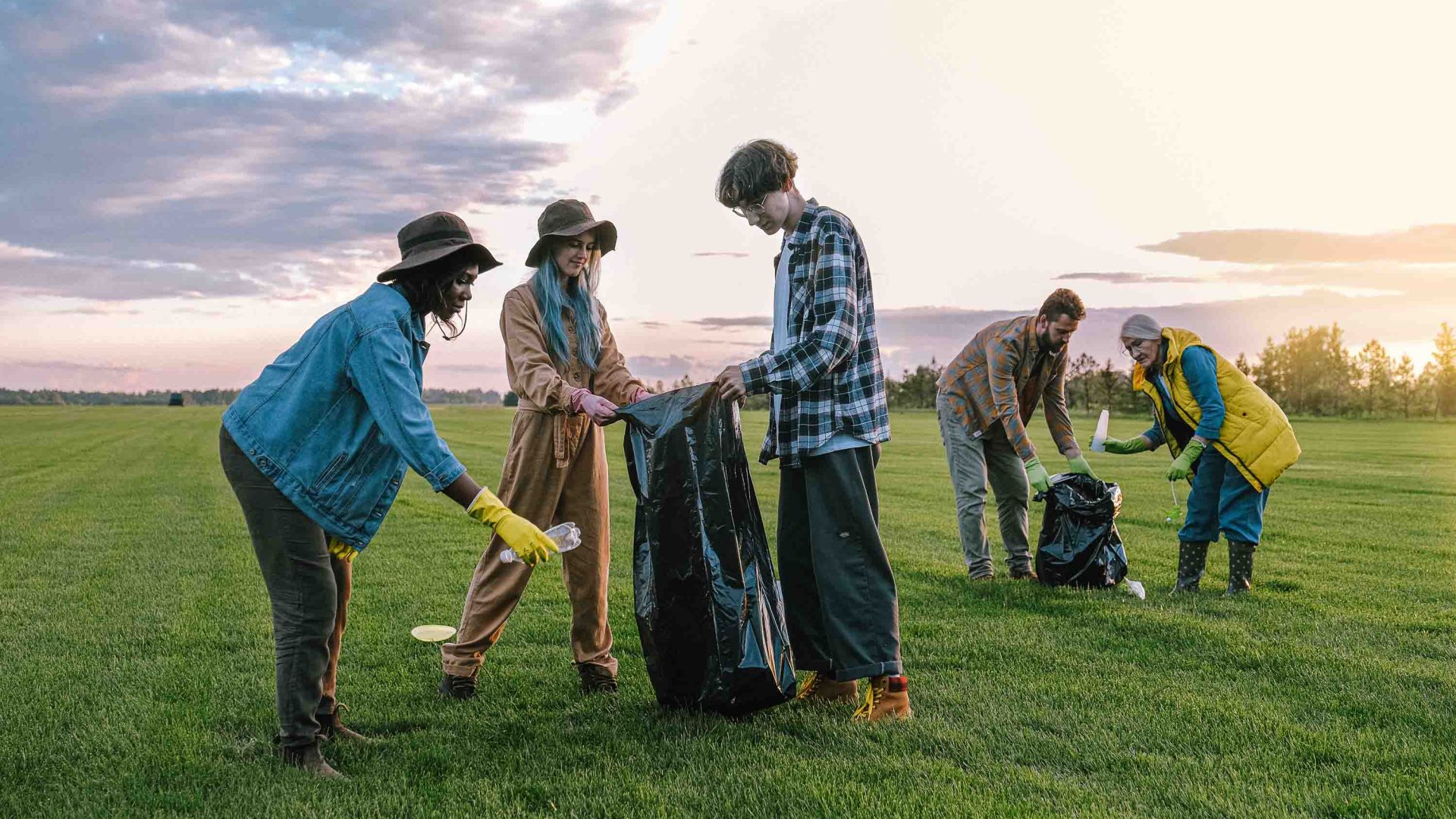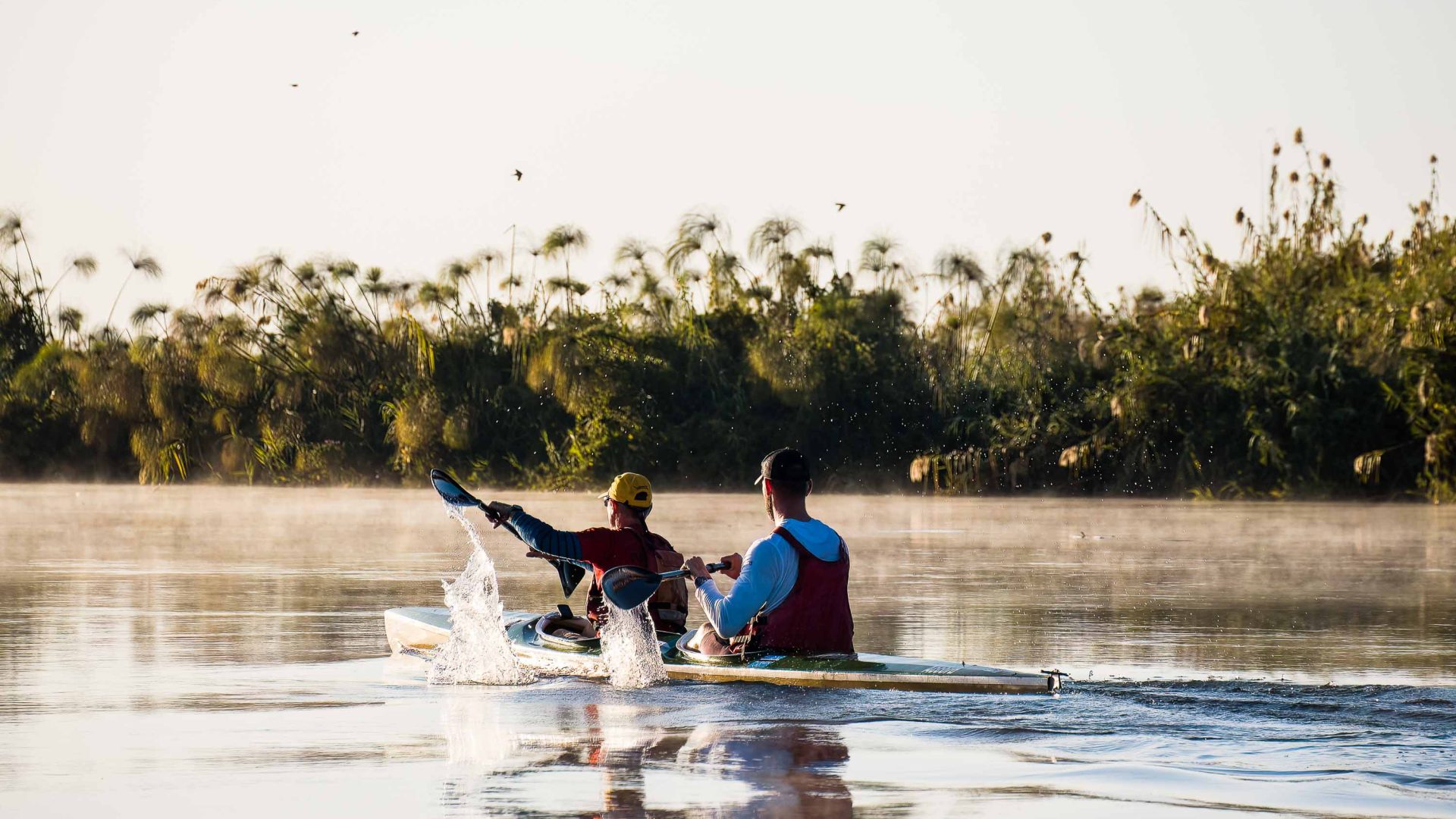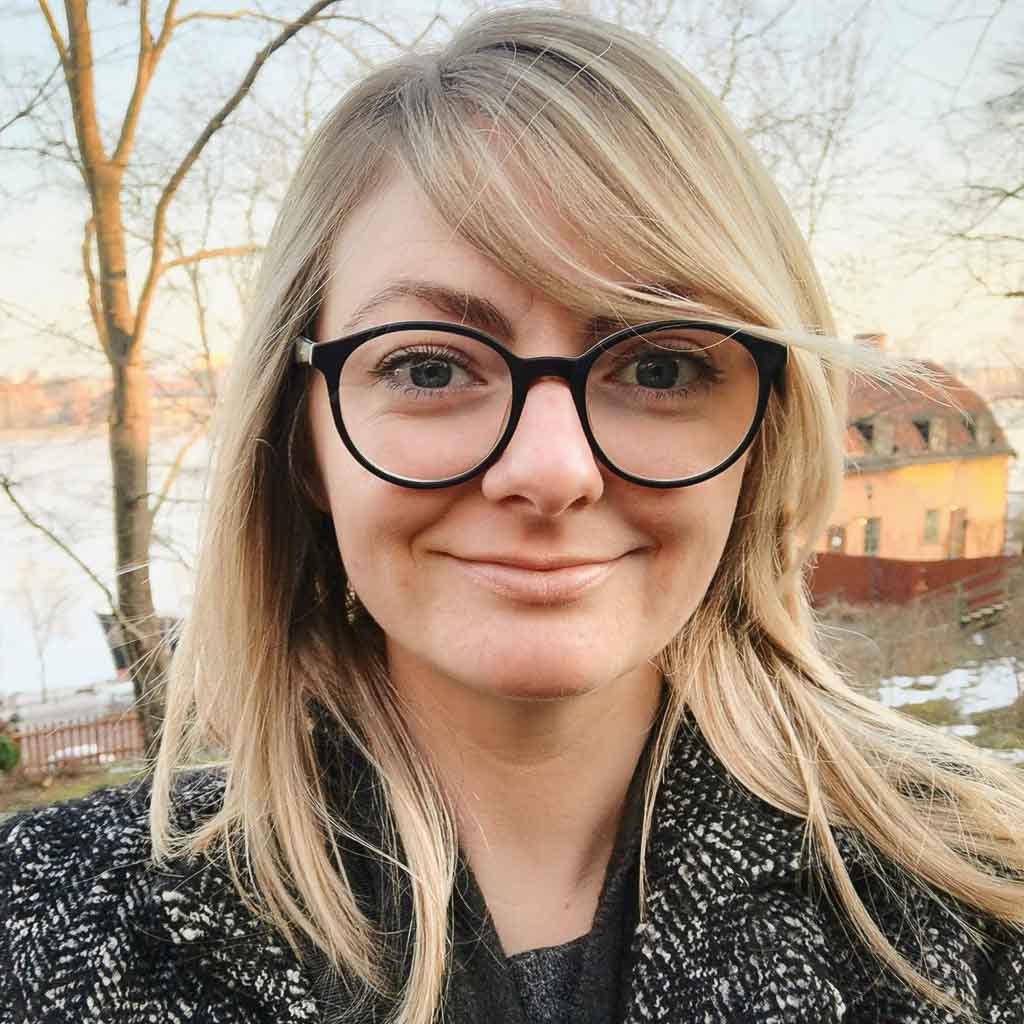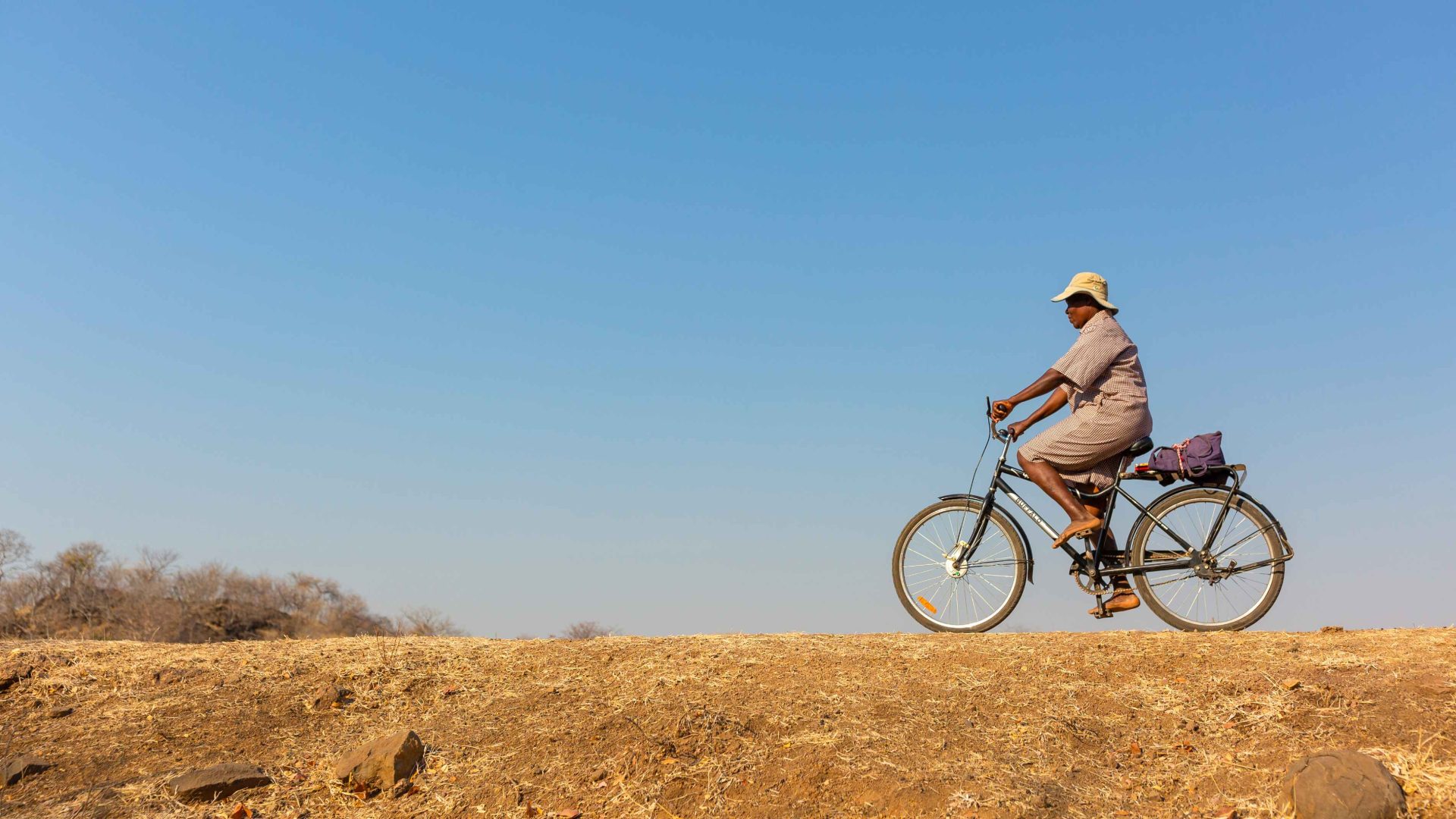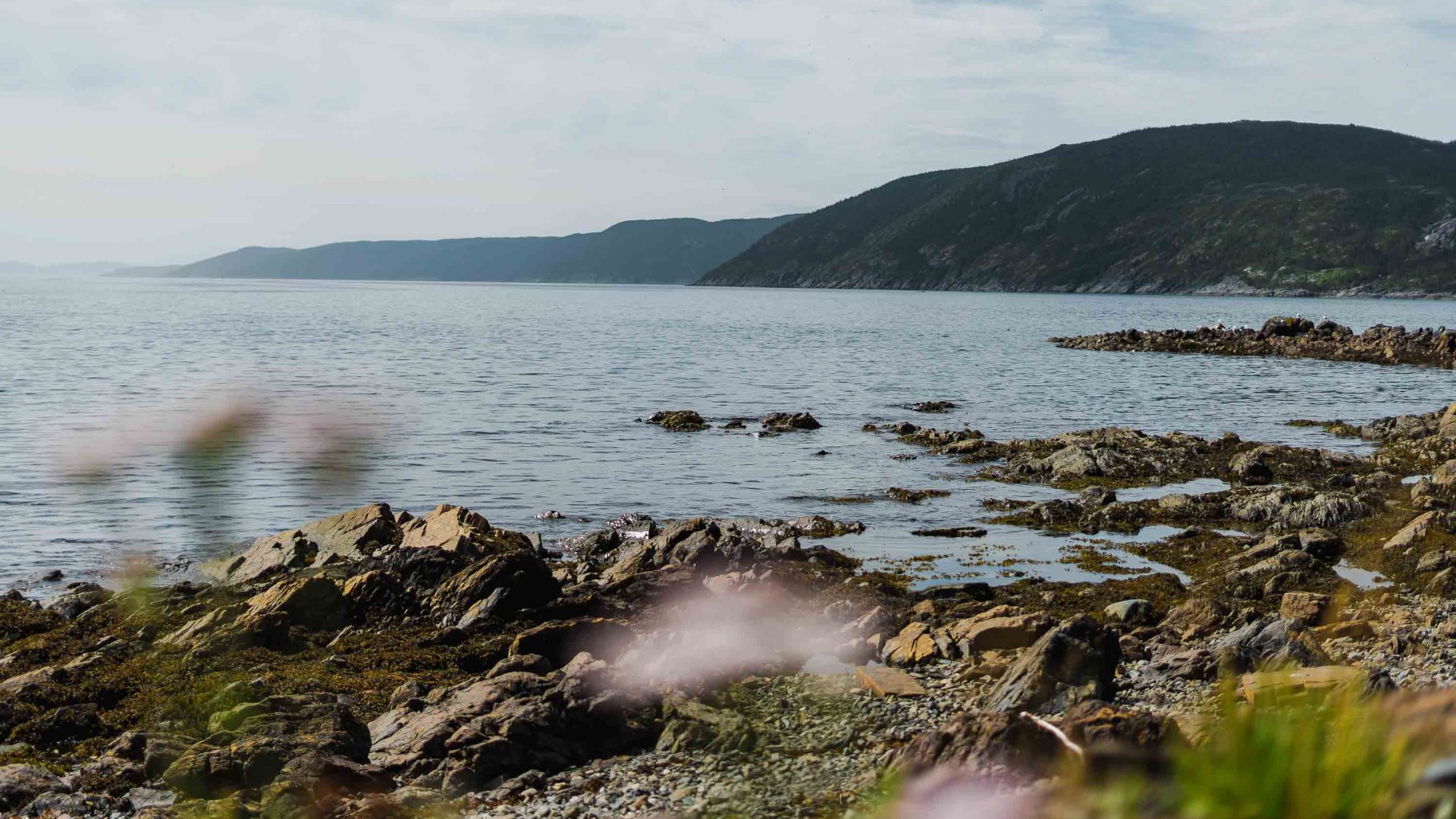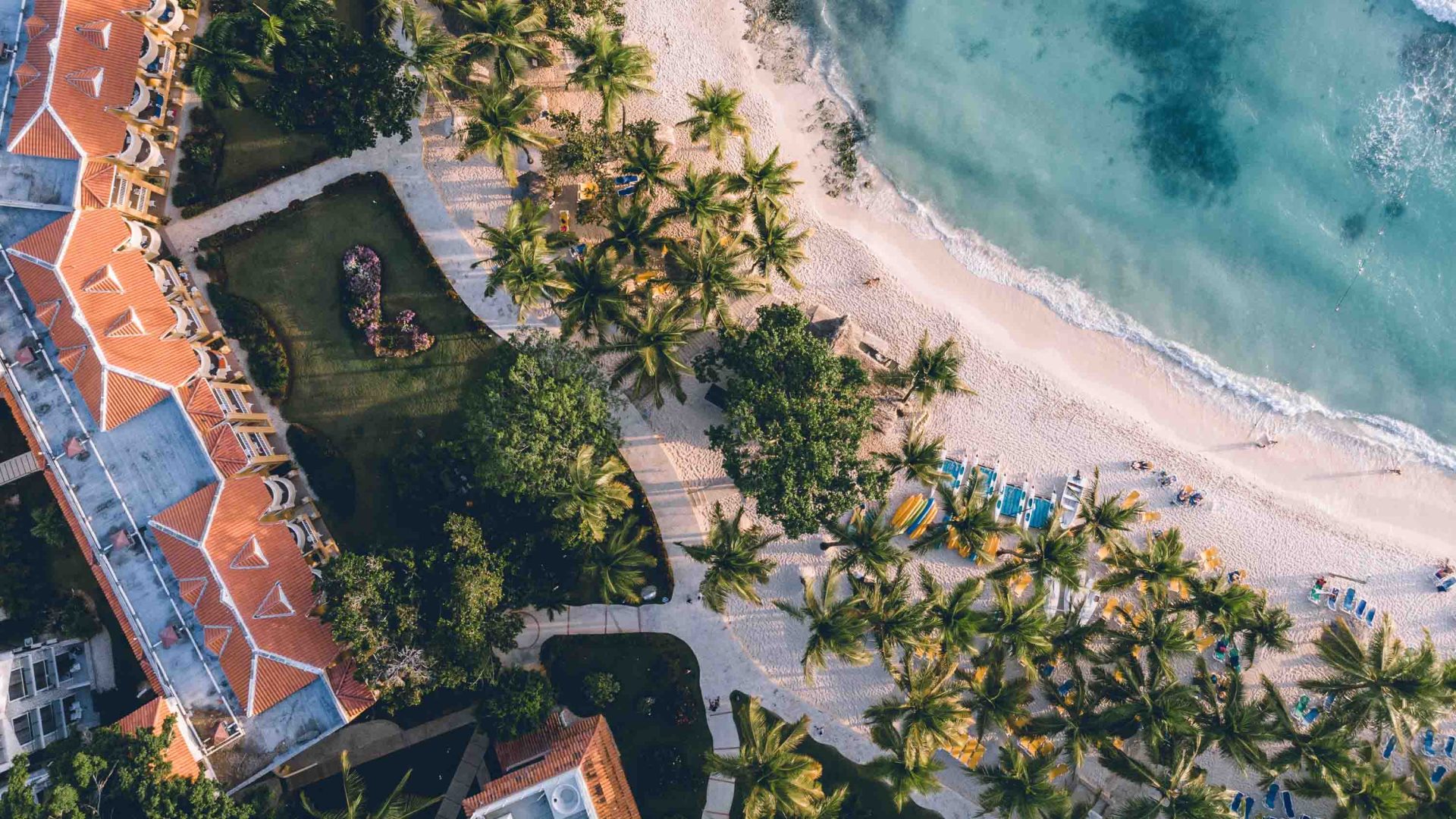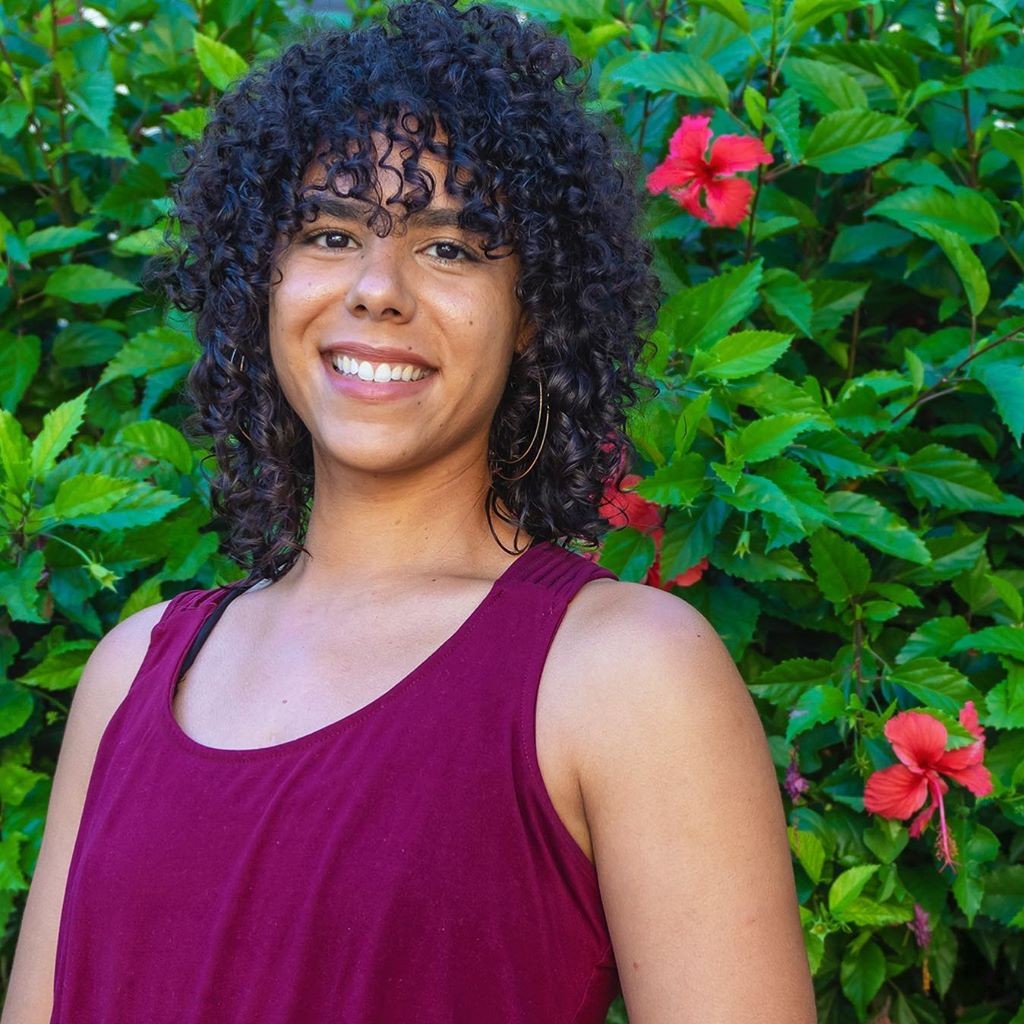The Fiji case study—conducted with an international, for-profit, specialist voluntourism agency—tells a complex story about the benefits and downsides of voluntourism.
Volunteers are hosted by local families and included in household life, attending church or religious functions, learning to cook Fijian food, and spending time with children and other family members. Through this, they gain an understanding of life behind the famous “bula” smile. As one staff member said: “The host may get angry with you if you leave the light on, you may feel like you are back living with mum and dad because they may give you a lunch box, things like that. But it’s important that they see the person who is paid to smile at the Hilton, what they are like at home with their kids, how they make ends meet, how they eat.”
Hosts often put considerable energy into sharing their way of life and teaching volunteers Fijian culture. Most hosts and staff took pride in helping travelers find their way around and teaching them Fijian ways. In turn, this helped Fijian staff build knowledge and pride in their own culture.
As one host says, “Also the good thing is that we keep up with our culture. Because if you are talking about it every day and you show them and try to talk about it, then the history remains […] Now when we go to the village we do the sevusevu [kava ceremony] and all those things, and we go with the elders. It was our mothers that did that, but now we are doing it, the next generation. When we have volunteers in a Fijian village we will go to any lengths to give them what they want, to try and serve them […] But of course, then the volunteers change to become more Fijian!”
